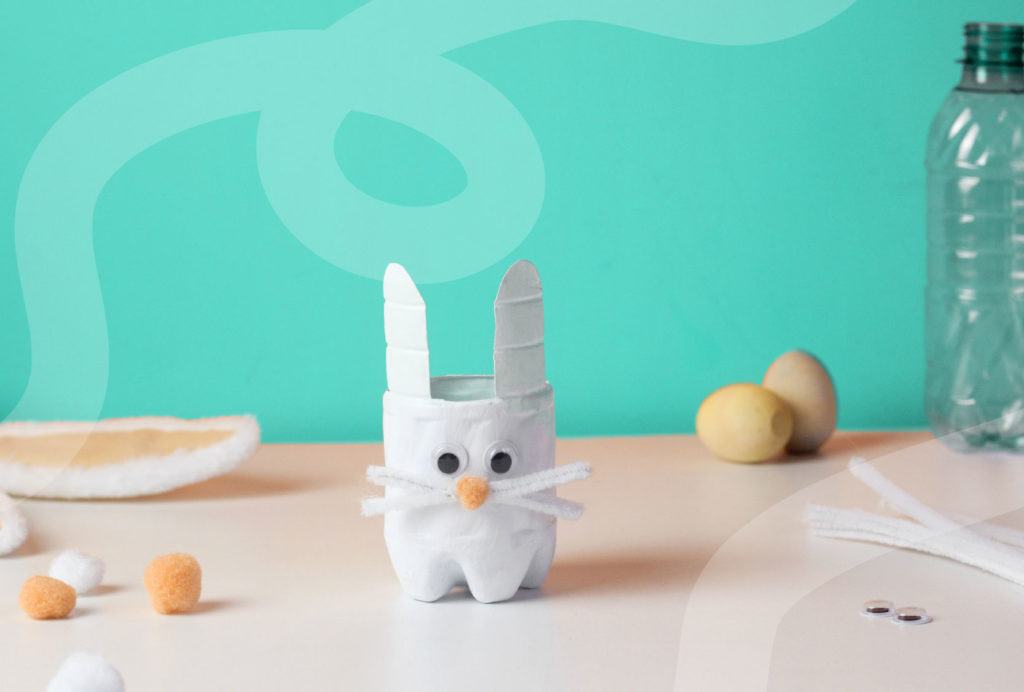The Easter season, a time of renewal, represents an excellent opportunity to reflect on our habits and make conscious choices that can help us reduce the impact of our Easter celebrations on the environment.
This article presents 5 tips to enjoy a happy and eco-friendly Easter. Let’s explore them together
1. Food choice
When it comes to choosing ingredients for Easter lunches or year-round meals, it is advisable to choose locally sourced, seasonal, and preferably organic options. By doing so, we lower the environmental impact of transportation and support local producers
For non-local products, it is important to make sure they come from reliable and controlled supply chains to guarantee that only high-quality food is served on our tables.
When shopping, it is always a good idea to buy only what we need. For instance, if we know that our guests never eat the pickles we serve in the centre of the table, we should avoid buying them. Instead, we could invest our money in healthier and tastier food.
2. Eco-friendly gifts
If you want to give eco-friendly gifts during Easter, consider choosing organic, recycled, or reusable products. A sustainable garment or an interesting book on recycling and sustainability could be a unique gift idea.
These gifts not only express our affection but also promote environmental consciousness, as they can encourage recipients to adopt a more sustainable lifestyle.
3. Do-it-yourself Easter decorations
Consider getting your family involved in creating beautiful Easter decorations using recycled materials such as paper, cardboard, and fabric. Doing so will reduce resource consumption and waste production.
In this article about do-it-yourself decorations, we present some cool crafts to make with your loved ones. However, social media platforms like Instagram and Pinterest offer a plethora of unique and creative ideas.
Engaging in these activities with children offers a great opportunity to teach them about recycling and sustainability and promote respect for the environment.
4. Making creative use of leftovers
Do you often find yourself with a lot of leftover food after family lunch? Don’t worry, you don’t have to waste it. Instead, consider offering it to your relatives or neighbours who might want it. You can also store the leftovers in the freezer. Later, you can use them to cook some delicious dishes. You’ll be surprised by how many options you have!
Storing food in the freezer is also a great way to ensure that seasonal products such as mushrooms are available throughout the year. It’s also useful for stocking up on food.
You can use reusable containers that are suitable for contact with food and freezer use instead of disposable solutions. Additionally, remember to label the containers with the date and contents so that you can easily keep track of your stock.
5. Pay attention to waste separation
Disposing of festive items and products can sometimes be a confusing and complicated process. To avoid any mistakes, it is always advisable to carefully read the regulations of your municipality. Did you know that depending on the rules of your individual municipality, mussel, and clam shells may need to be disposed of in either the wet or undifferentiated waste?
When it comes to plastic waste, there are some general guidelines that apply to all municipalities:
- firstly, it is recommended to reduce the use of disposable materials by opting for reusable or recycled plastic alternatives;
- secondly, it is advisable to compress the packaging before disposing of it in the bin. However, it’s important to remember that bottles should be crushed lengthwise and not crumpled.
To get a clearer understanding, we recommend that you read our guide on plastics and their recycling. You will find detailed information on how to carry out effective separate collection.
In conclusion, each one of us has the power to make a difference. As we have shown in this article, respect for the environment and the future of new generations starts with small, simple steps.
Let us commit to making our Easter celebrations more eco-friendly and meaningful for a better future.

